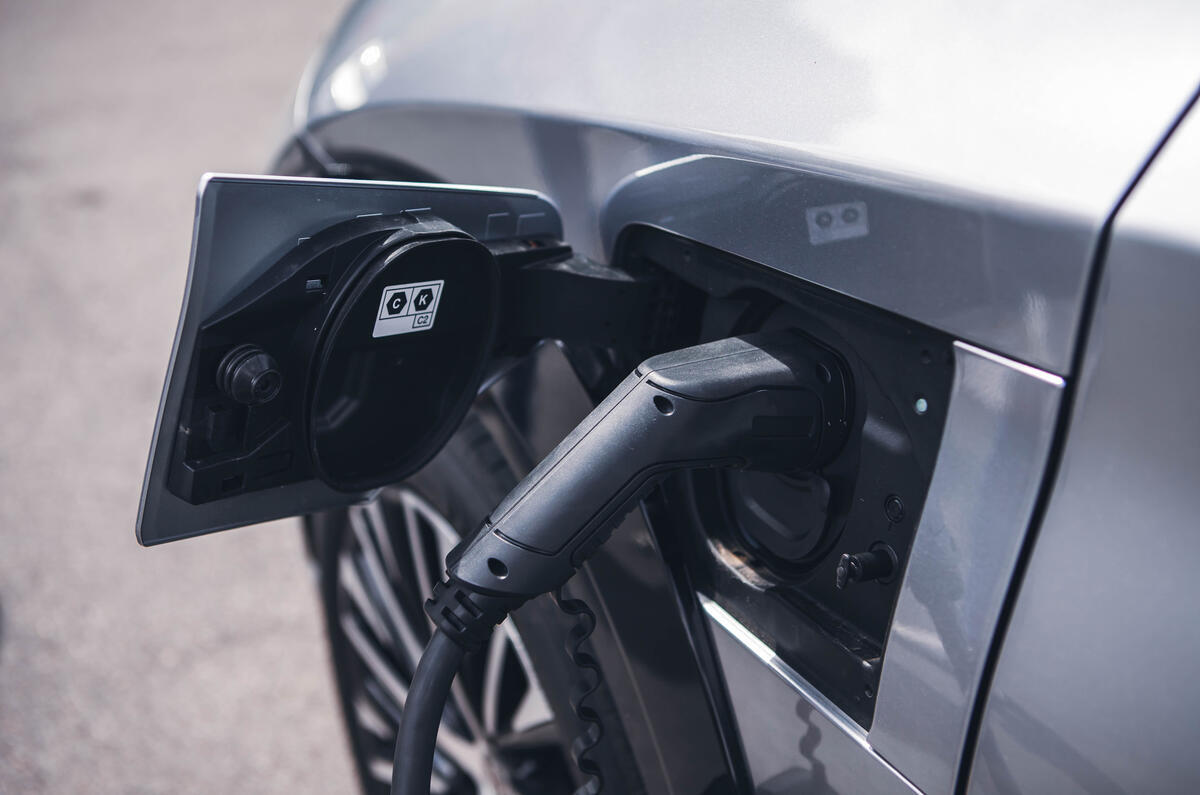An overwhelming majority of car makers have craved the return of incentives to boost demand for electric cars in the UK, with ever-greater desperation since the start of 2024.
The ZEV mandate introduced by the government 18 months ago meant manufacturers faced significant fines for not selling enough EVs, and barely an interview with a top UK executive from a legacy car maker has gone by - several in this column - without them saying they need government help to hit those targets because there is not enough true market demand for EVs.




Add your comment